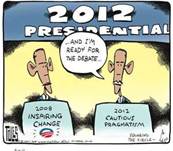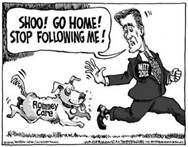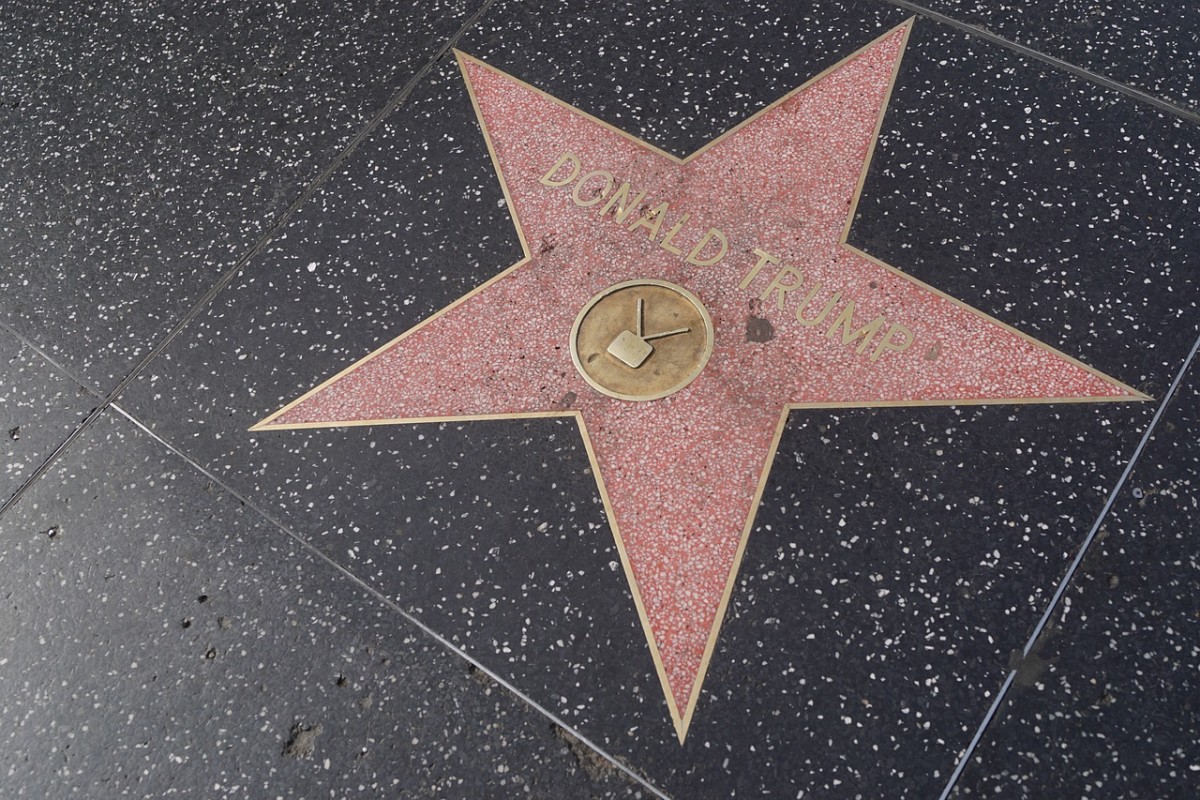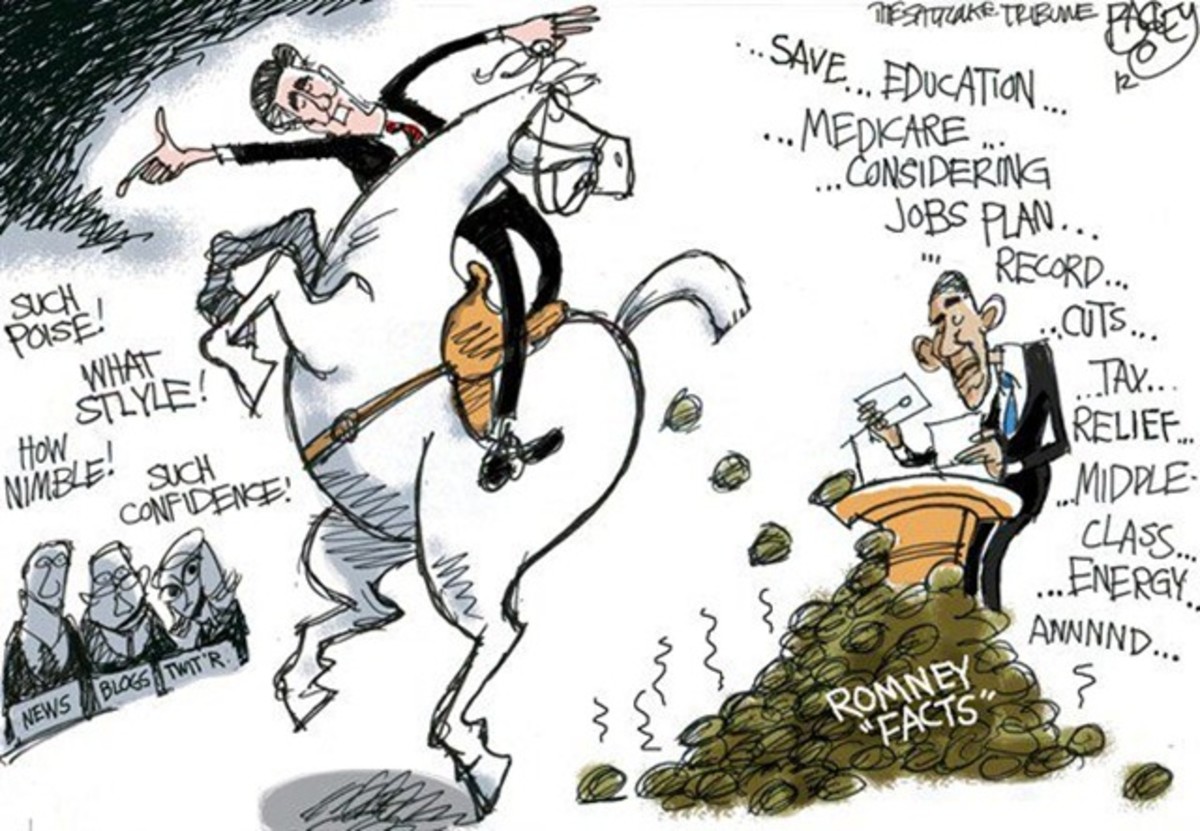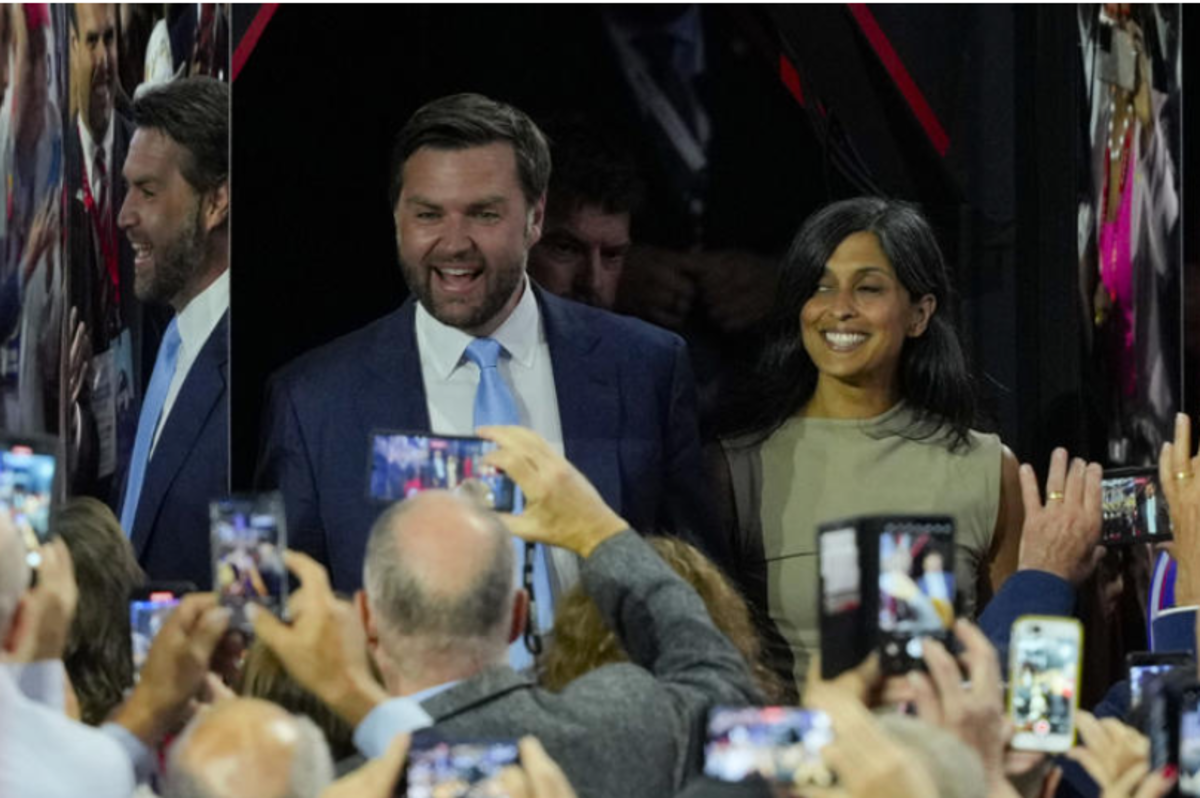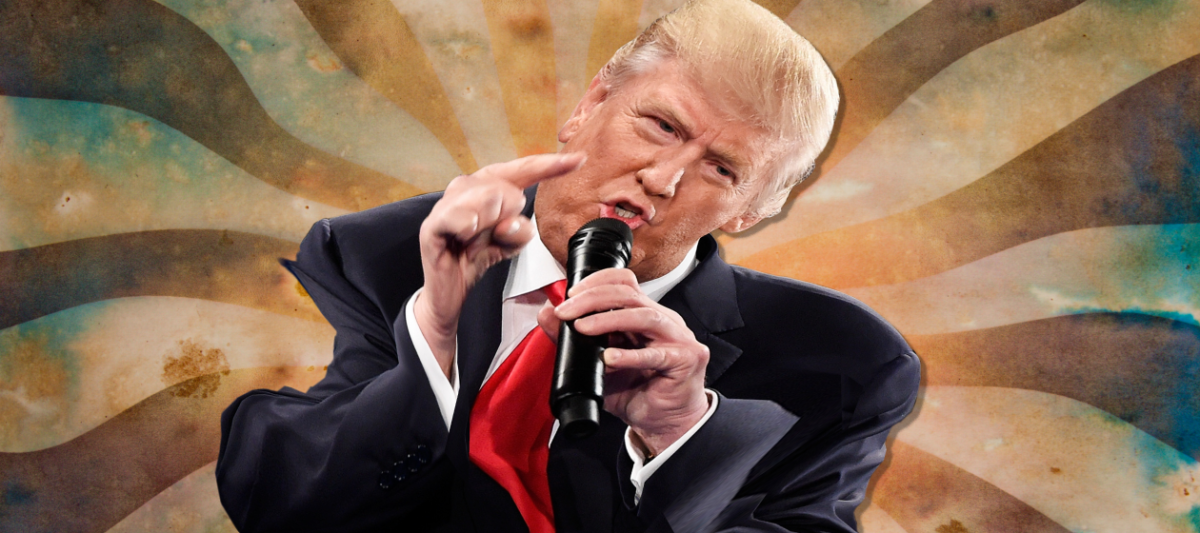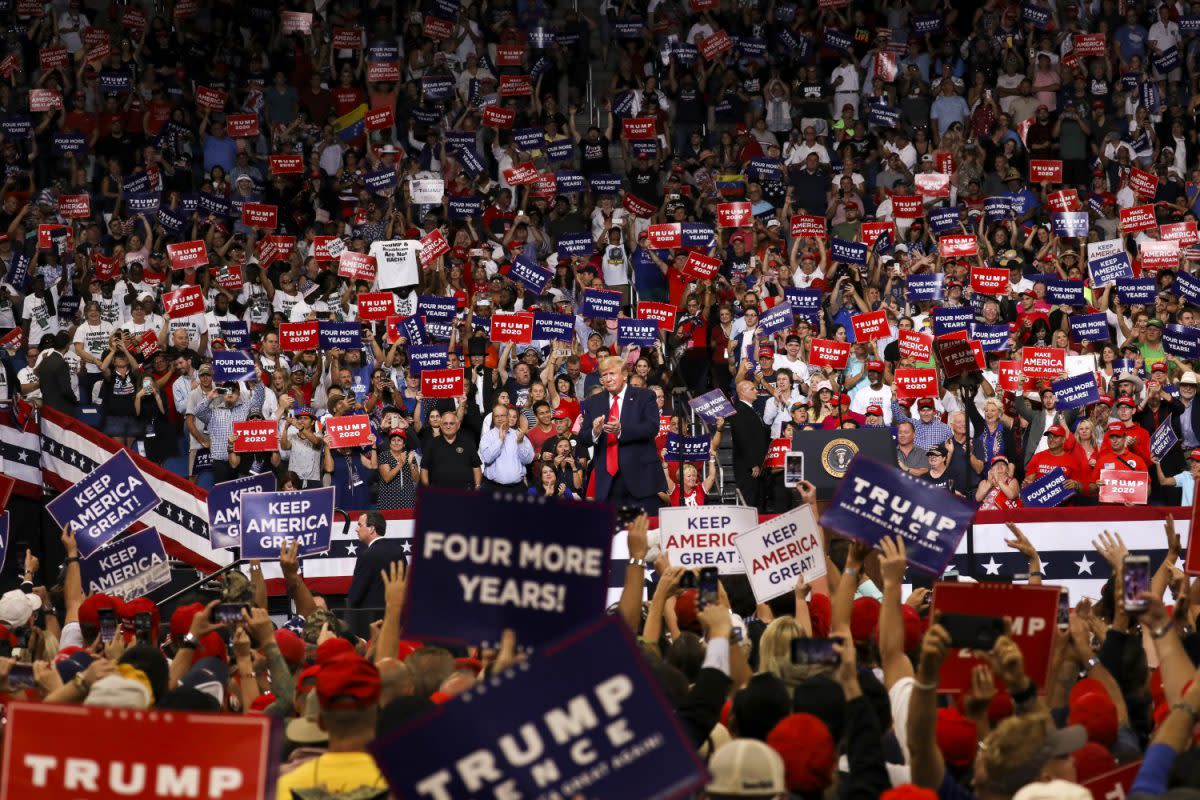The Presidential Debates are going to be Unawsome

On Wednesday, two men will have a chance to define their political destinies. The nation, and probably the rest of the world as well, will be watching. More importantly, the media will be watching. Obama and Romney will be watching each other, but not in a warm-hearted, we are best friends kind of way. Instead, try to think of each man as a bloodthirsty wolverine, circling each other, poised to go for the throat. In effect, both men, the President and his challenger, will be trying hard to do the other in. For, in Presidential Debates, the climax of a long struggle begins. It is showtime in America.
Feeling tense yet? Well, don't. You see, Presidential debates are the most hyped up things on the planet, or at least in American politics. The first debate is the "do or die" moment for Romney, so everyone says. Obama must "hold his own" in the first debate, or risk losing the election, because the 47 percent of people Romney thinks are voting for him will be turned off by Obama's arrogant tone. In reality, debates have little effect on the outcomes of campaigns. Take this first debate, on Wednesday night, as an example. It will deal with the economy, and is set to last 90 minutes. Most of the projected 20 million viewers will watch the first 40 minutes of the debate, and then wonder when the blasted thing is supposed to end.
None of this is supposed to underscore the importance of the debates. Undecided voters will get to hear the candidates explain themselves and their policies. Partisans on both the Left and the Right will hear their preferred candidate present their best face to the world. All will finally have a chance to compare Obama and Romney without even having to change channels or do boring research online. We get it. Debates are important, and we will have a great time, before and after, analyzing them as only Americans can analyze (that is, grab a beer, sit down with a buddy from the "other" side and argue politics all night long).
But Presidential debates do not actually have an excellent track record of deciding the outcome, and both Democrats and Republicans have ample proof of this. Obama may have come off as arrogant and condescending when he told Hillary Clinton "you're likeable enough" in a now infamous debate. In the 1976 Presidential debates, Jimmy Carter was unprepared for Round One, and it showed in his responses. Still, he coasted to the White House. Micheal Dukakis had a bad moment in the 1988 debates, when he was asked what he would do if his wife were raped, and he showed little emotion. In the end, his own advertisements did him in, particularly one with a helmet and a tank...
George H.W. Bush had his "Looking at my watch" moment, and Al Gore sighed audibly in the 2000 debates. Alternatively, John Kerry excelled in 2004, Bill Clinton charmed half the country in his debates and Barack Obama made the 2008 debates useful by directing his responses to independents. Looking at these examples, it seems a bit much to assume that debates help or hurt candidates. The only debate to truly decide the outcome of an election was the first one; the 1960 debates between John F. Kennedy and Richard Nixon.
The 1960 debates have reached mythic proportions. Richard Nixon suffered from his performance, John Kennedy benefited from his. To the media, every year is 1960 all over again, and every debate is all important. Don't fall into this trap.
The debates will be what we all expect them to be. There is little possibility that the upcoming debate will have much of an impact, beyond any three day gaffs. There are very few undecided voters left, and those that are undecided might not even vote. Everyone has fixed perceptions of the current candidates, and those will not be changed in 90 minutes.
Here are our choices.
